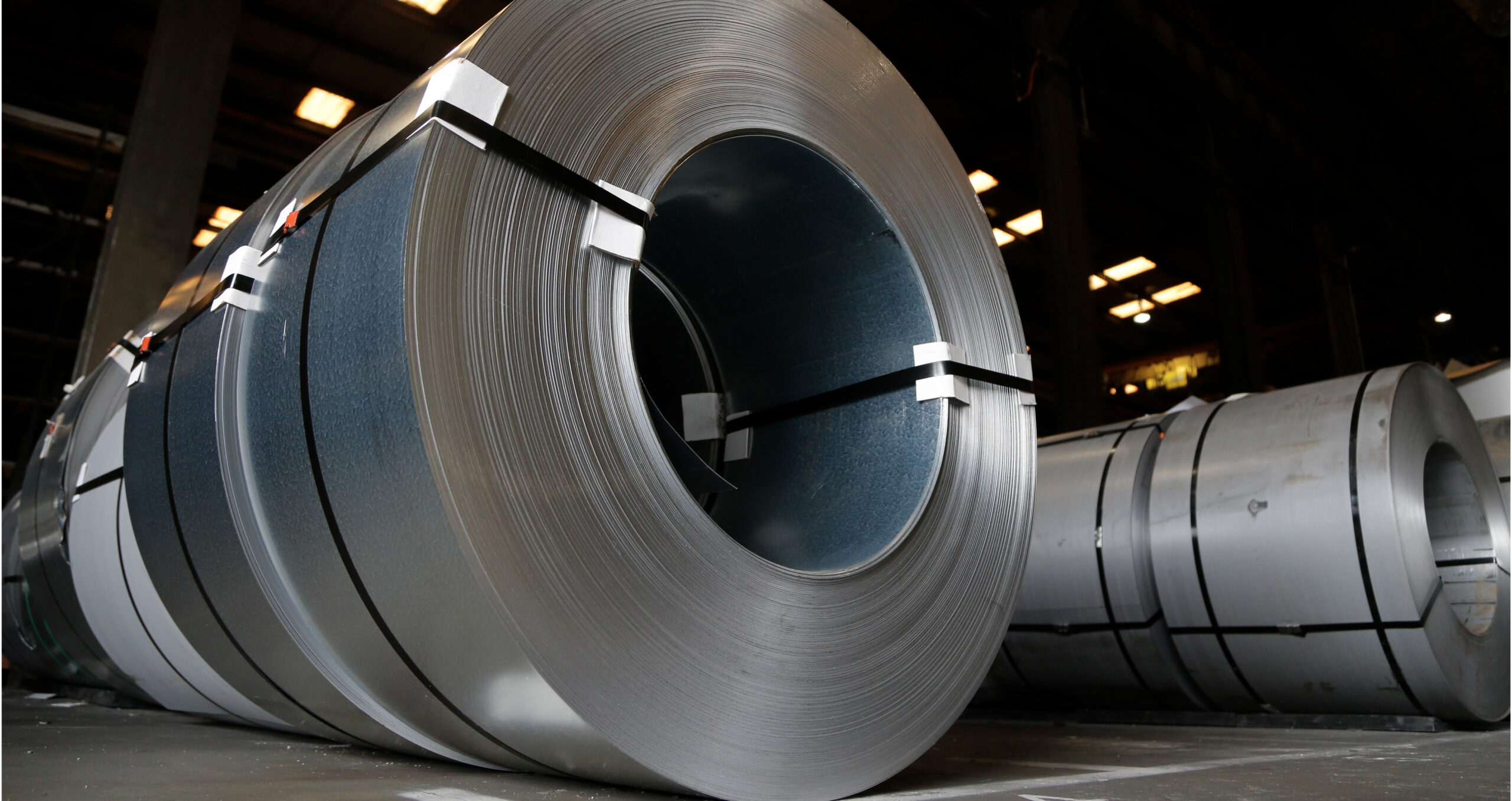
India studying countermeasures to tackle CBAM

The Indian government is looking at imposing retaliatory tariffs on EU imports, while also considering a domestic carbon tax, experts tell Sustainable Views following leaks to the Indian press
The Indian government is “actively considering” a range of measures to address the potential impact of the EU’s carbon border adjustment mechanism on its economy, according to Anjal Prakash, a contributor to the Intergovernmental Panel on Climate Change report and clinical associate professor and research director at the Bharti Institute of Public Policy at the Indian School of Business, in Hyderabad.
One of the measures under consideration consists of engaging in discussions with the EU to negotiate exemptions or reduced rates for Indian manufacturers, ensuring they are not unfairly penalised for their emissions, said Prakash, who has spoken to some of the officials involved in the discussions, on the condition of anonymity.
Earlier, talks about India contemplating its own domestic CBAM and a domestic carbon tax had been reported in the local press.
With the transitional phase of the EU CBAM having come into force on October 1, imports of several commodities — iron and steel, cement, fertilisers, aluminium, electricity generation and hydrogen — to the EU are now subject to greenhouse gas emissions reporting.
This transition phase will last for two years and in 2026, the targeted importers will have to start paying a fee. The levy to be paid aims to address the risks of carbon leakage, whereby companies may decide to transfer their operations to countries with less-stringent emission reductions, resulting in an increase in these countries’ emissions.
Only imports from non-EU nations that have an emissions trading system linked to the EU’s carbon market would be exempt from the rules. At present, this includes Iceland, Liechtenstein, Norway and Switzerland.
Trade tensions
For India, the CBAM may disrupt its metal exports to the EU, which is a key trade partner in this field, said Prakash. An analysis by Indian research company the Global Trade Research Initiative calculated that 27 per cent of India’s exports of iron, steel and aluminium went to the bloc in 2022, for an estimated value of $8.2bn.
EU climate regulations such as the CBAM and the bloc’s anti-deforestation law are increasing trade tensions with large developing countries.
Many countries exporting to the EU, such as India, view the CBAM as “discriminatory and contrary to internationally accepted principles that provide developing nations with more flexibility in climate change policies due to their lesser historical responsibility for the climate crisis”, said Prakash, who expects its compliance with World Trade Organization rules to be challenged.
Applying a retaliatory tariff on goods from the EU or initiating a WTO dispute resolution are reportedly other options the Indian government could consider. However, these could be counterproductive, as conversations with the EU are ongoing, noted Suranjali Tandon, associate professor at India’s National Institute of Public Finance and Policy.
“There may be a proposed tax on select [import] products, which means when these are used as inputs for export industries, the tax charged at the border will be used to estimate the carbon price of the final output,” she said, adding that this could be a useful mechanism for setting off the CBAM levy.
Although the details of such measure are not yet known, it would probably be linked to the country’s upcoming carbon market, where emissions-tracking processes are expected to be put in place for select industries, Tandon said.
Even though India does not yet have a regulated carbon market, in June, the government released a document detailing that its future carbon credit trading scheme will be led by a “national steering committee”, which will be in charge of governance and direct oversight, with separate technical committees assisting it. A legal expert shared the document with Sustainable Views.
As things stand, the Indian government has not made any official announcements on its countermeasures against the CBAM.
The Indian ministry of commerce has been contacted for comment.
Similar Articles

High Court rules, again, against UK government climate plans

In Brief: EU Council approves two-year delay to parts of CSRD, ISSB publishes digital taxonomy


